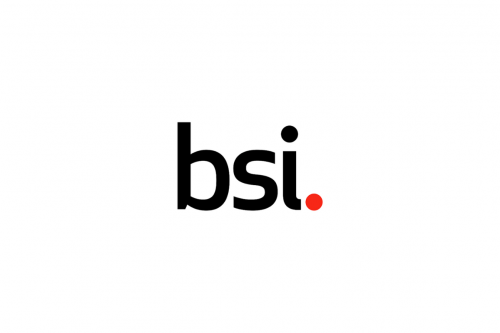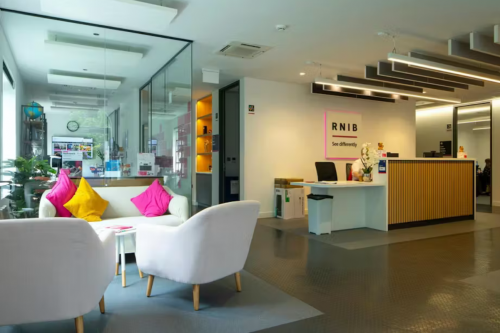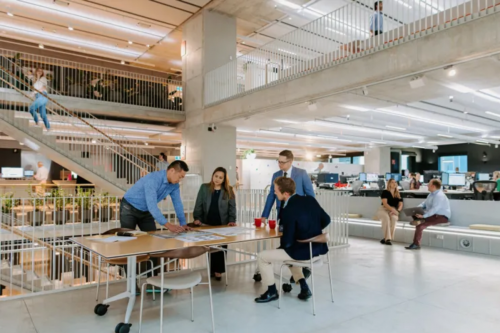
National Planning Policy Framework: proposed reforms and other changes to the planning system
Open Consultation
National Planning Policy Framework: proposed reforms and other changes to the planning system
This consultation seeks views on a revised version of the National Planning Policy Framework ( NPPF).

Time to deliver: The Autism Act 2009 and the new autism strategy
Time to deliver: The Autism Act 2009 and the new autism strategy
How can the Government ensure the new autism strategy succeeds?

How to build greater cultural and faith inclusivity in architecture
To consider why cultural and faith inclusivity is important for a thriving architectural profession, it is key to understand the impact that a lack of inclusive practices can have on individuals within their day-to-day experiences.

BS EN 17210 Accessibility and usability of the built environment - Requirements and recommendations
BSI publish a document describing functional requirements and recommendations for accessible and usable built environment, following a "Universal Design"/"Design for All” approach which will facilitate equitable and safe use for a wide range of users, including persons with disabilities.

What are neuro-inclusive environments?
Neuro-inclusive environments aim to accommodate the full spectrum of neurodiversity, ensuring environments are accessible and supportive, delivering significant value for building users, owners, and tenants alike.

Digital, human, inclusive – how to design a workplace for neurodivergent people
As we learn more about neurodiverse experiences, the question of what makes a stimulating and appealing workplace has never been more complex. New machine learning powered methodology is helping to make design more inclusive and effective.




